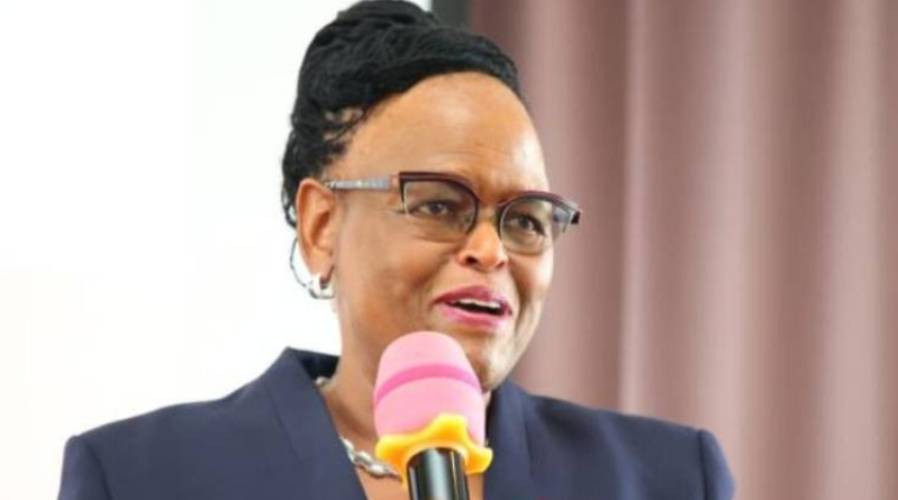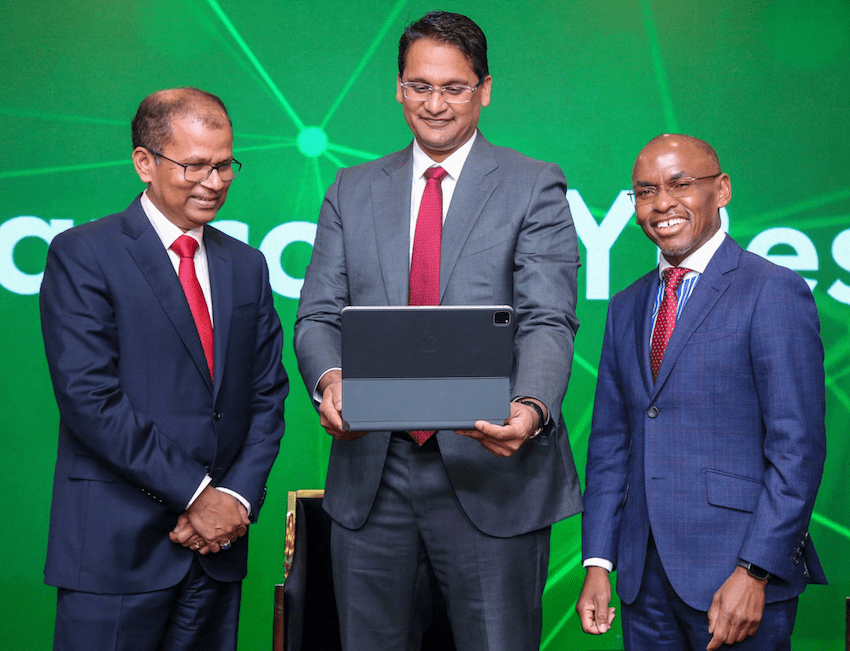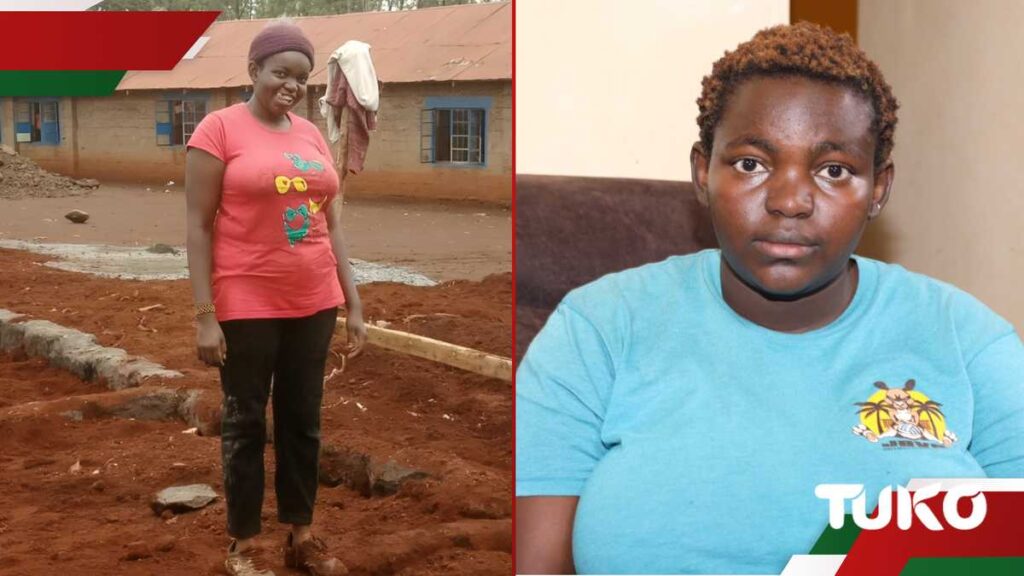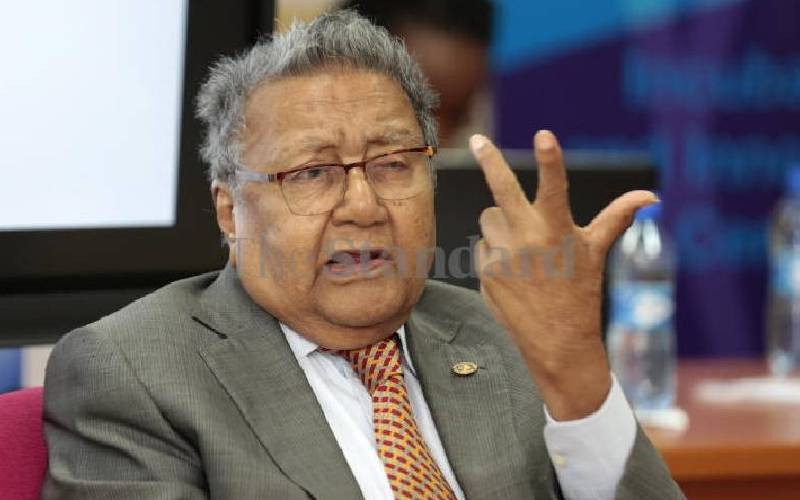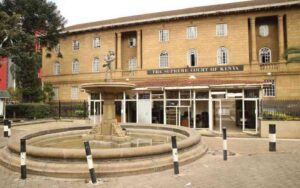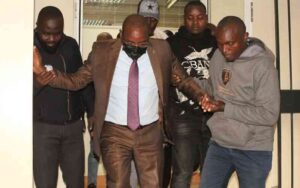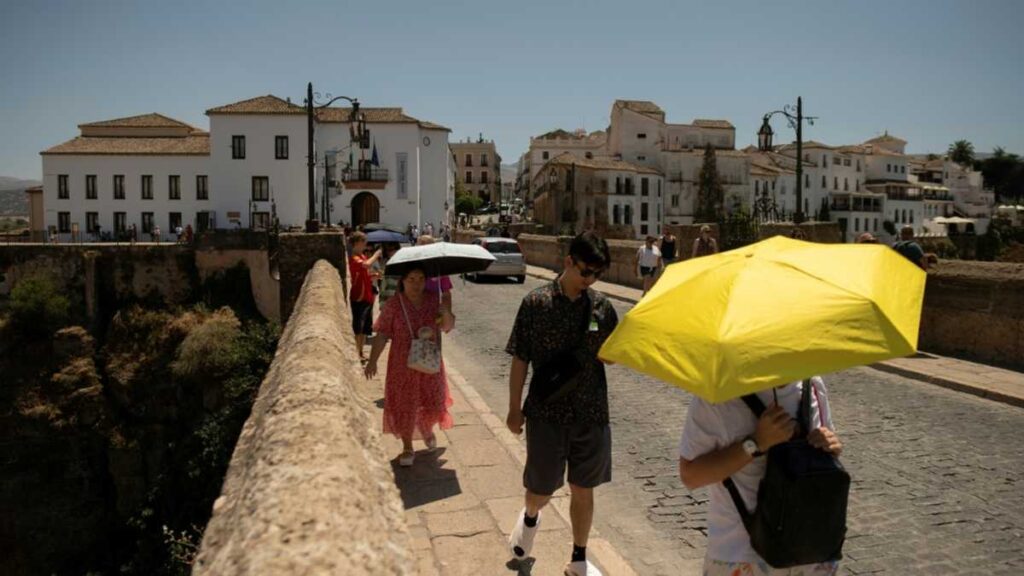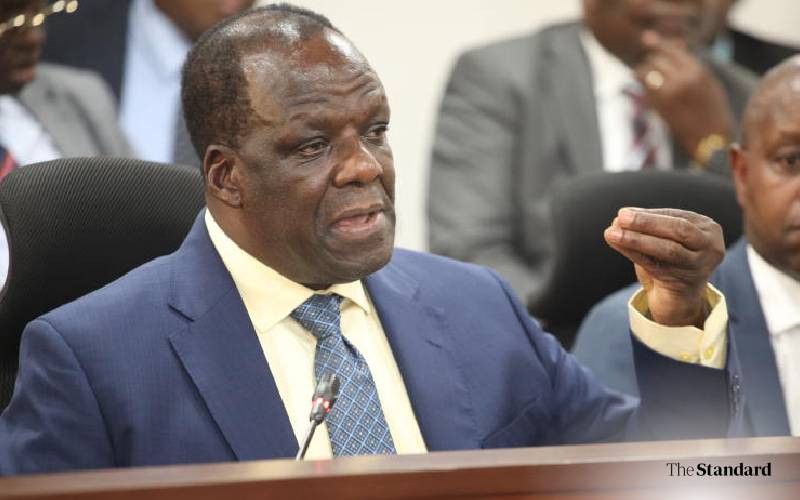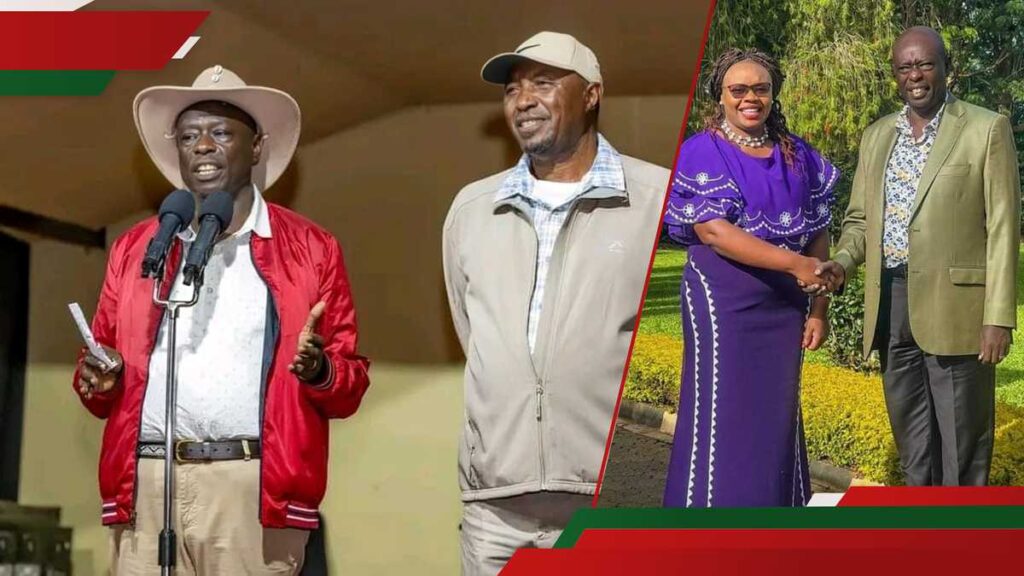Chief Justice Martha Koome has distanced herself from terrorism-related charges filed by the Office of the Director of Public Prosecutions (ODPP), clarifying that charging decisions must rely on evidence and the law, not on her previous statements or public sentiments.
In a statement on Tuesday, July 23, Koome explained she made remarks on June 26, after visiting the Kikuyu Law Court, which was destroyed by arsonists on June 25, noting her comments then were specific to that incident and based on preliminary security briefings.
During her visit to the site, Koome expressed deep concern over the attack, describing it as an act of terrorism against the justice system.
She confirmed that all 23 judicial staff stationed at the Kikuyu court were accounted for and safe.
“Our worry is what will happen to the justice seekers who come here every day,” observed Koome during a media briefing at the site.
She warned that such actions not only cripple access to justice but also embolden lawlessness, while noting that although the Constitution provides for the right to peaceful assembly, criminal elements appeared to have hijacked the protests.
“I believe the majority of Kenyans who came out to demonstrate did so in good faith,” she explained, “but were met with other elements who took advantage.”
Koome called for clear distinctions between lawful demonstrations and acts of criminality, urging citizens not to lose faith in the justice system and encouraging state and non-state actors to find sustainable solutions to the issues facing the country.
“This is a country where we are all required to find solutions,” added Koome, reaffirming the Judiciary’s commitment to upholding justice even in the face of disruption and destruction.
The ODPP defended its decision to press terrorism charges against suspects linked to violent incidents during the June 25 and July 7 protests, amid criticism from opposition leaders, civil society groups and members of the public.
In a statement on Monday, the ODPP explained the charges were not aimed at suppressing political expression but were based on evidence pointing to “calculated and coordinated acts of violence” that targeted public institutions and endangered national security.
“The charges under the Prevention of Terrorism Act should be understood within the framework of established legal thresholds and national security imperatives rather than interpreted as efforts to suppress legitimate political expression,” the statement read.
The protests, sparked by the death of blogger Albert Ojwang’ while in police custody and the commemoration of Saba Saba Day, were marred by the destruction of prop,erty including the burning of the Kikuyu Law Court, several police stations and damage to government installations.
The ODPP noted such actions were designed to cripple essential state operations and instil fear among the public, conduct that meets the threshold of terrorism under Kenyan law.
Stay informed. Subscribe to our newsletter
Koome observed that the ODPP is fully independent under Article 157(10) of the Constitution, which prevents the office from being directed or influenced by any individual or authority.
She added the National Police Service (NPS) also operates independently under the Inspector General, as provided in Article 245(2)(b) of the Constitution.
“All decisions to investigate or prosecute must be based on credible evidence and the law,” noted Koome.
She argued that these decisions are not influenced by public statements made by any individual, including the Chief Justice.
During a National Council on the Administration of Justice (NCAJ) meeting on Tuesday, July 15, justice sector agencies agreed to uphold their constitutional mandate and protect the most vulnerable while reinforcing public confidence in the justice system.
“The council calls for enhanced cooperation between the Judiciary, the ODPP, the NPS, the Independent Policing Oversight Authority (IPOA), civil society organisations and other oversight bodies to ensure effective and accountable law enforcement,” explained Koome.
She added that human rights defenders and organisations must not be criminalised, harassed or intimidated for their work, emphasising that a safe civic space is essential to constitutional democracy and the rule of law.
Koome assured Kenyans Judiciary remains committed to the Constitution, explaining that all individuals brought before the courts will receive fair hearings as required by law.








